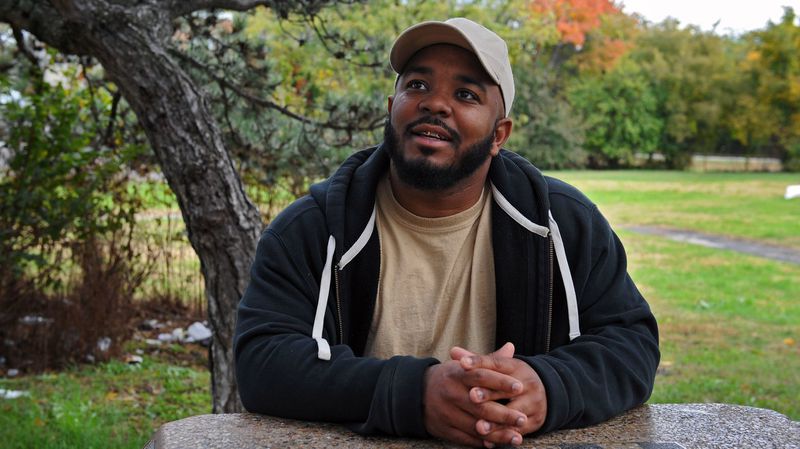Amid the COVID-19 Crisis, Maryland Exonerees Still Cannot Receive Fair Compensation
Join us for a discussion on COVID-19’s impact on the wrongly convicted u0026 future of exoneree compensation.
04.03.20 By Innocence Staff
Despite momentum to improve exoneree compensation, a group of lawmakers used the COVID-19 crisis to run out the clock on legislation that would have fixed Maryland’s law. As a result, the majority of Maryland’s innocent will continue struggling without compensation, now with the additional health and economic challenges of the COVID-19 pandemic.
This Tuesday, April 7, at 3pm, Baltimore exonerees Walter Lomax and Demetrius Smith will host a virtual town hall to talk about exoneree compensation and the unique challenges facing exonerees and innocent people still behind bars during the COVID-19 crisis. They will be joined by representatives from the Mid-Atlantic Innocence Project, and the University of Baltimore Innocence Project Clinic. Learn how you can be part of the effort to fix Maryland’s compensation law.
Some background on Maryland’s flawed compensation law
Maryland’s current compensation law is restrictive, compensating only 11 of the more than 30 exonerees in the state.
Problems:
- There is no set dollar amount. Unlike most other state compensation laws, there is no fixed amount of compensation and the Board of Public Works can determine the payment on a case-by-case basis.
- The Board of Public Works should not be in charge. The Board’ main role is funding capital projects. It doesn’t have the expertise to determine who should be compensated, when and how much, but under current law it has complete discretion to make those decisions.
- Unfair eligibility requirements. Exonerees must receive a governor’s pardon or state attorney’s agreement to a writ of innocence. These are only two of several ways to overturn a wrongful conviction, and the law excludes many exonerees, including those whose convictions were overturned with DNA and with evidence illegally withheld at trial.
Solutions:
- Provide a set amount of $81,000 per year of wrongful imprisonment (equal to state median household income).
- Judges should determine who is eligible.
- Eligibility should be based on proof of innocence, not the specific type of exoneration.
Leave a Reply
Thank you for visiting us. You can learn more about how we consider cases here. Please avoid sharing any personal information in the comments below and join us in making this a hate-speech free and safe space for everyone.
April 12, 2020 at 8:29 am
April 9, 2020 at 2:08 pm
It is disgusting that they can take a persons life away and then not at least try to make up for it. AND. when it is shown that lawmakers or attorneys intentionally do this to either win cases or because the defendant cannot afford a good attorney, these lawmakers and attorneys should be put in jail for the same amount of time that these innocent people were imprisoned. I don’t care if any of the people involved are white, black or green. IT MAKES NO DIFFERENCE!!!

Maryland is a rich state that makes their money off of apartments builds and prisons The state attorney’s in maryland doesn’t care about innocent or guilty especially when it comes to black peoples . Rent is ridiculously high in maryland and prisons are over populated and face it maryland is a racist southern state if Baltimore City was predominantly white it would not look like that and opportunities And resources would be available . Maryland is all about money not the people . The people is what keep maryland running the laws in maryland are unrealistic and accommodating to rich and wealthy white . A horrible state to live in